HONG KONG—Hong Kong has fallen into recession, hit by five months of pro-democracy protests that erupted in flames over the weekend, and is unlikely to achieve any growth this year, the city’s Financial Secretary said.
“The blow (from the protests) to our economy is comprehensive,” Financial Secretary Paul Chan said in a blog post, adding that a preliminary estimate for third-quarter GDP on Oct. 31 would show two successive quarters of contraction—the technical definition of a recession.
He said it would be “extremely difficult” to achieve the government’s pre-protest forecast of 0–1 percent annual economic growth.
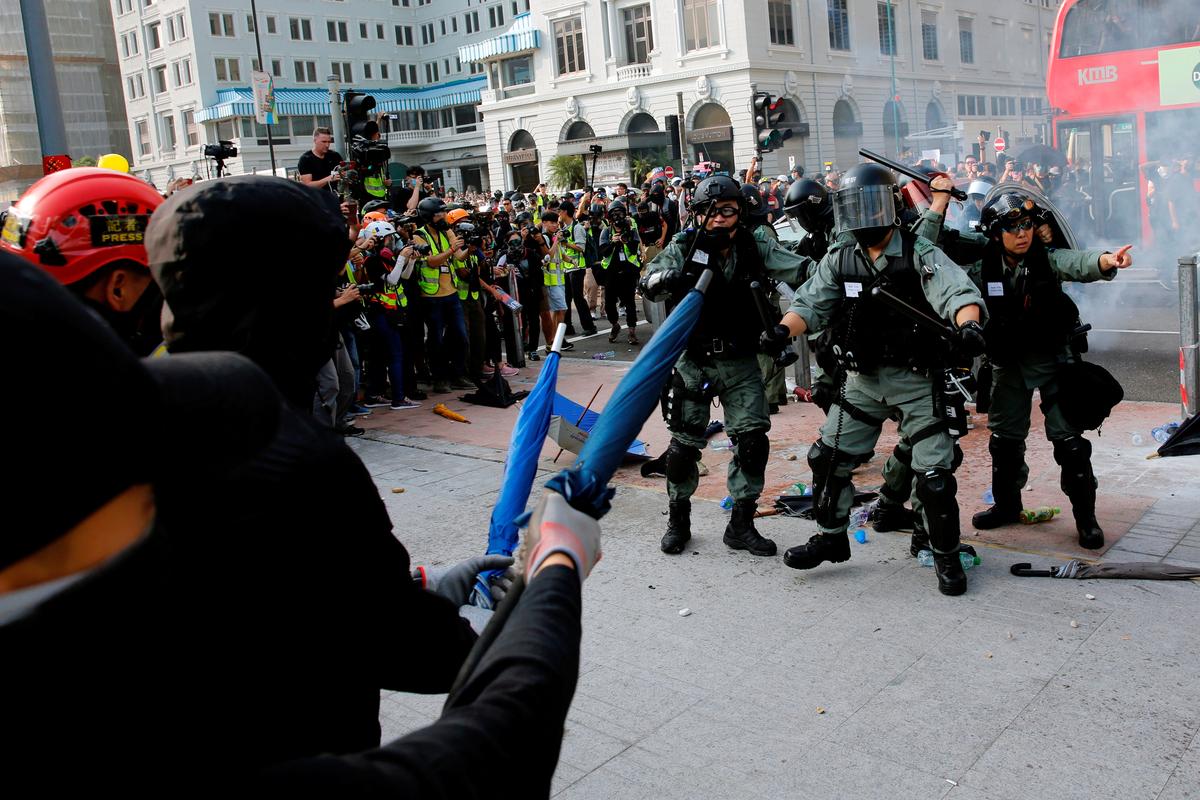
The rallying cry of the Oct. 27 protests was to fight perceived police brutality and defend Muslims and journalists. Police last weekend fired water cannon at a group of people standing outside a mosque and journalists have been wounded in clashes.
The programming staff union of public broadcaster RTHK said on Oct. 28 that it had called on police to identify officers who “attacked and ripped the face mask” off one of its journalists on Oct. 27. It said she was wearing a reflective vest clearly identifying herself as a journalist.
Pictures circulating online suggested she was wearing a gas mask to protect against tear gas and pepper spray. Ordinary face masks were banned this month under a resurrected colonial-era emergency law.
Hong Kong Free Press, an online news service, called for the release of a freelance photographer arrested on Oct. 27 after she had asked to see a police officer’s warrant card.
The city’s Foreign Correspondents’ Club condemned the arrest in a statement calling for an independent investigation into “police violence against journalists and interference with the media’s right to cover the protests under Hong Kong law.”
[embed]https://twitter.com/fcchk/status/1188672630053920769[/embed]
The police, who denied using excessive force, told reporters they had repeatedly asked journalists to keep their distance so the police could do their job.
They said an officer had removed a journalist’s mask, which had seemed an “undesirable” incident, but they said they didn’t know the full context. They said the Hong Kong Free Press reporter was arrested for failing to show ID and being uncooperative and obstructing police.
Protesters are angry about what they view as increasing interference by Beijing in Hong Kong, which returned to Chinese rule in 1997 under a “one country, two systems” formula intended to guarantee freedoms not seen on the mainland.
Tourists numbers have plummeted, with visitor numbers down nearly 50 percent in October, a decline Chan called an “emergency.”
Retail operators, from prime shopping malls to family-run businesses, have been forced to close for multiple days over the past few months.
While authorities have announced measures to support local small and medium seized enterprises, Chan said the measures could only “slightly reduce the pressure.”
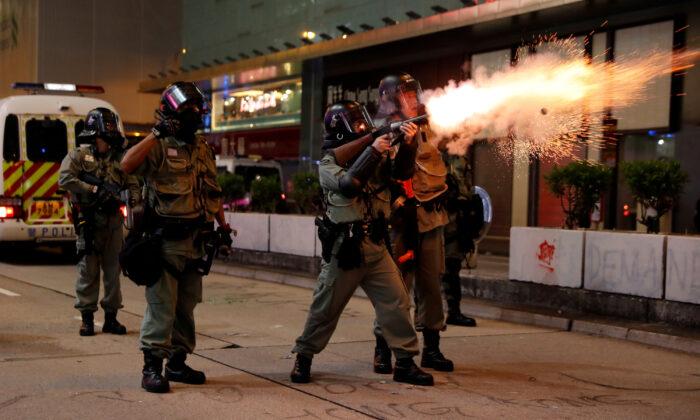


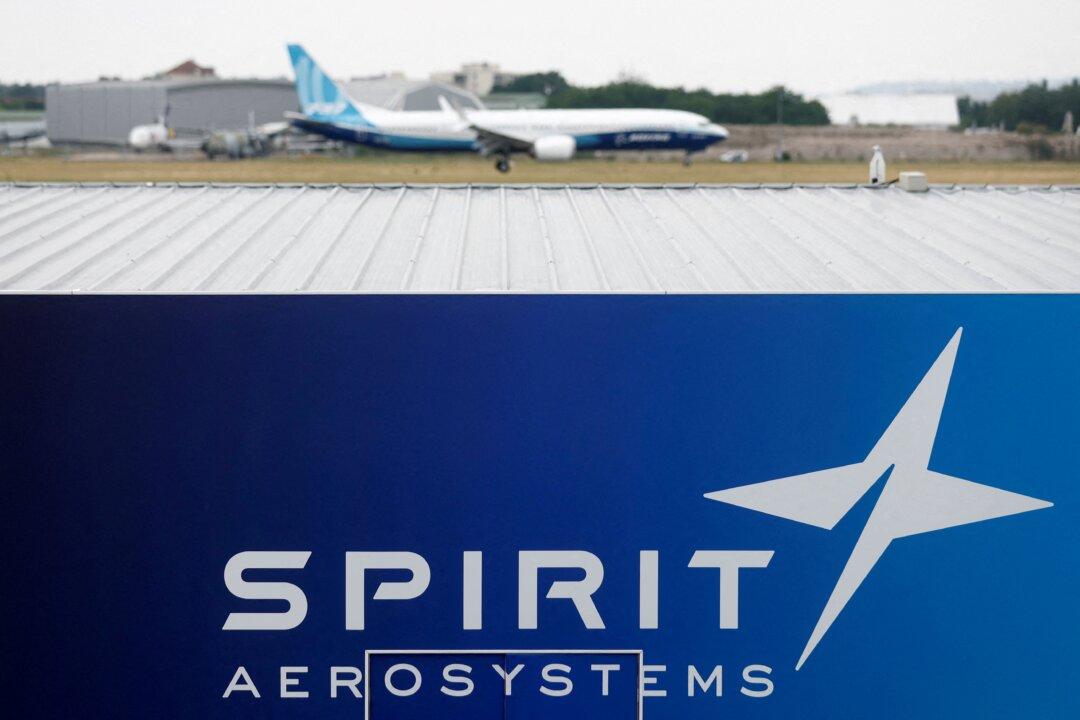
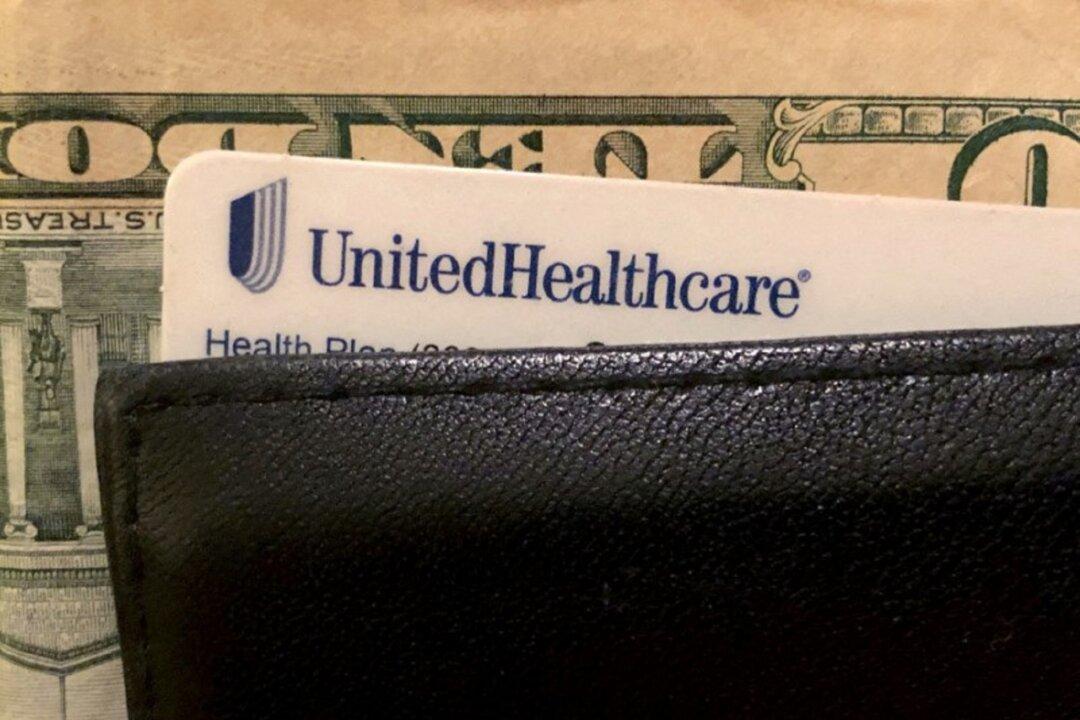
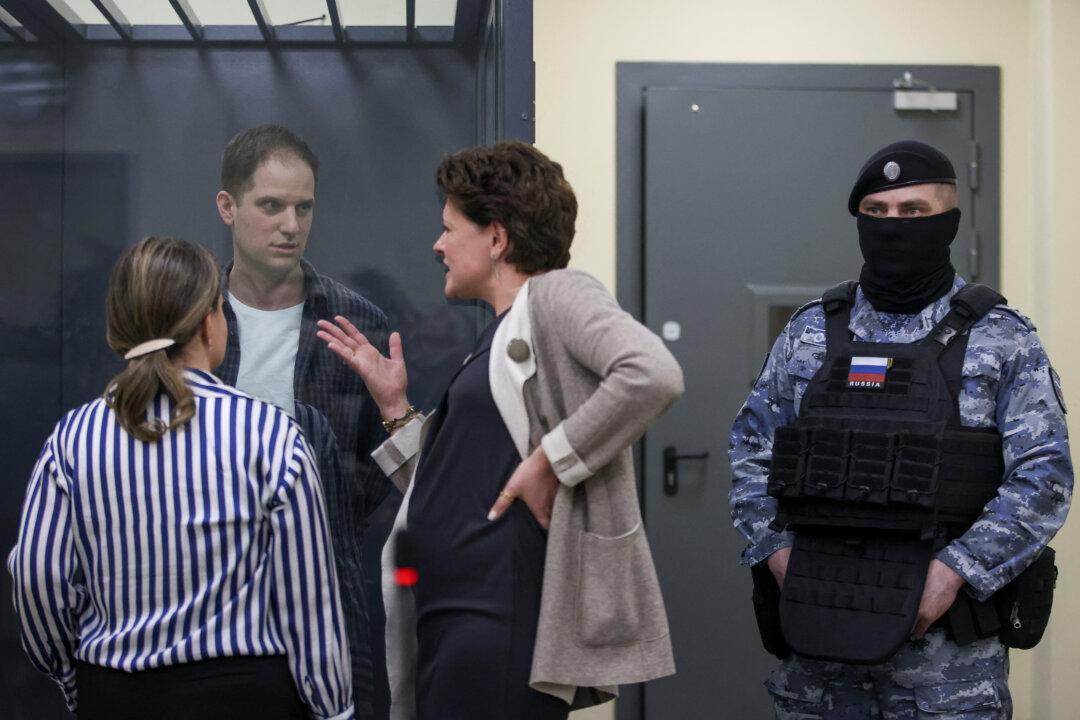
Friends Read Free